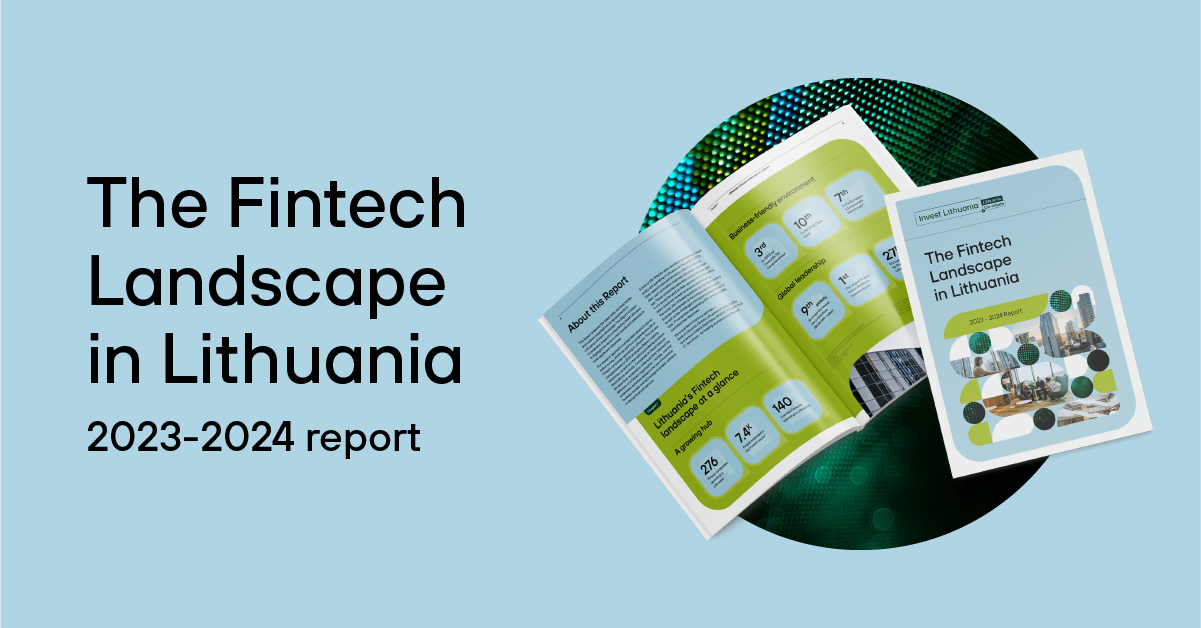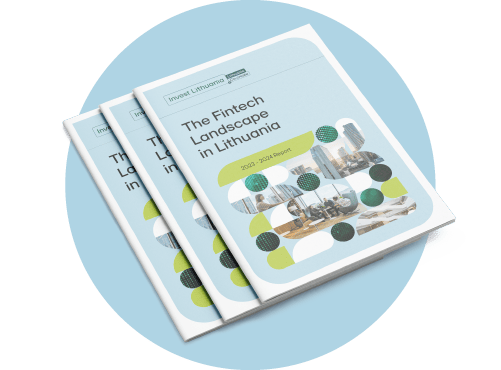Fintech employment figures also continued to rise, with the sector’s talent pool expanding by nearly 6% to over 7,400 professionals. The sector also showed notable progress in terms of gender parity. In the 77 Lithuania-based Fintechs that participated in Invest Lithuania’s yearly survey, women made up 45% of the overall workforce and 43% of executive positions. In technical roles, women accounted for 25% of the workforce, a figure that ranks among the best in terms of female representation in the ICT industry across Europe.
In 2023, Lithuania continued to embrace promising Fintech subsectors, namely blockchain and crowdfunding. The recent introduction of Europe-wide crowdfunding regulation saw the country’s financial regulator, the Bank of Lithuania, swiftly making the necessary adjustments, which led to Lithuania becoming one of the top 3 countries for licenced crowdfunding service providers in the EU.
When it comes to blockchain, last year highlighted Lithuania’s evolving role as a prominent player in the global virtual assets space. Particularly noteworthy is the substantial increase in the share of blockchain and cryptocurrency-focused Fintechs in Lithuania, which grew from 8% in 2022 to 13% in 2023. In line with this growth, Lithuania also aims to become a leader in embracing the EU’s upcoming Markets in Crypto Assets (MiCA) regulation. Known for its proactive regulatory stance in financial technology, the country is keen to welcome MiCA-compliant crypto companies ready to prioritise and invest in anti-money laundering and counter-terrorism financing (AML/CTF) functions.














